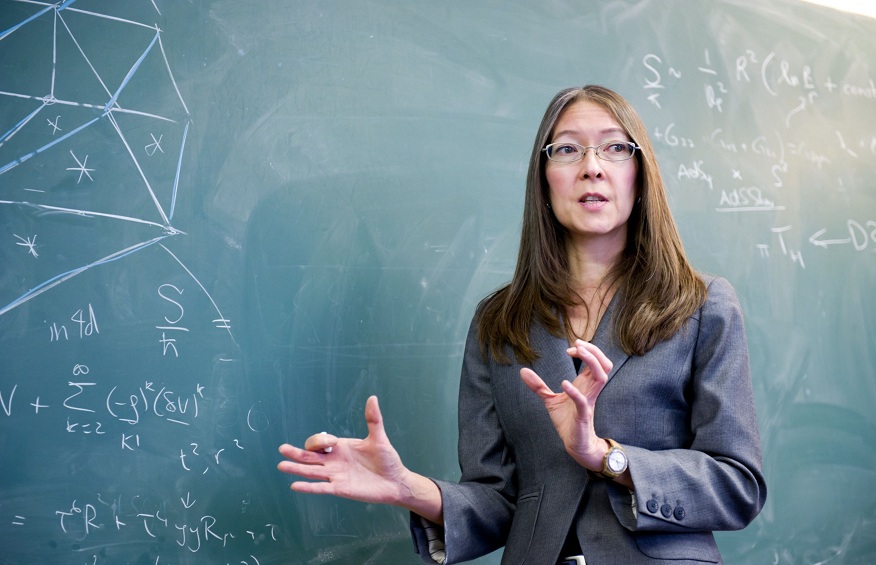The International Baccalaureate (IB) program is well known for its comprehensive and rigorous approach to education. It emphasizes critical thinking, interdisciplinary learning and global perspectives – key features of which theoretical physics education plays a pivotal role. We will examine its development within IB education as well as its profound effect on students in this article.
Beginnings of IB Education
The International Baccalaureate program was founded in 1968 with a mission of providing challenging and holistic education that equips students for success in an ever-evolving global environment. At first, this meant offering a balanced program encompassing languages, humanities and sciences; but as its scope broadened further its emphasis became increasingly concentrated on science education.
Science Education in IB Education
Science education is at the core of IB curriculum. Aligning with its interdisciplinary nature, science courses of all kinds offered through this program encourage students to apply scientific concepts to real-life problems and issues. Our selection includes biology, chemistry and physics courses which aim to promote critical thinking abilities as well as problem-solving skills and develop deeper scientific principles knowledge.
Theoretical Physics in Early IB Curriculum
Early on in its existence, the IB program included theoretical physics as a component of its science curriculum. Students were introduced to fundamental concepts like classical mechanics, electromagnetism and thermodynamics – providing them with a firm basis in physical principles.
As theoretical physics progressed, its role in IB education likewise expanded. The curriculum evolved to accommodate cutting-edge developments in the field and today encompasses quantum mechanics, relativity and particle physics as students explore its depths and explore its limits.
IB education reflects the ever-evolving nature of scientific knowledge, emphasizing its necessity for staying current with latest discoveries and theories. Furthermore, its development aligns with IB’s commitment to encouraging curiosity and an interest for investigation in its students.
Impact of Modern Physics Education on IB Program
Modern physics has had a dramatic influence on IB education. Concepts once considered highly advanced are now part of the curriculum; quantum mechanics is one such concept, serving as the fundamental theory governing particle behavior at both atomic and subatomic levels; students in IB physics courses explore concepts like wave-particle duality, quantum entanglement and the Heisenberg uncertainty principle – just to name a few examples!
Einstein’s theories of relativity – both special and general – have changed our conception of spacetime and its structure. IB students explore its implications, such as time dilation and light bending in gravitational fields; such topics not only test students’ conceptual understanding but also prompt them to think critically about reality.
Challenges and Opportunities in Retail Industry
Teaching theoretical physics within the IB program presents unique challenges, from its challenging subject matter to finding engaging ways of engaging students. Yet these difficulties also offer ample opportunity for creativity and exploration – IB physics teachers often create hands-on experiments and projects which allow students to apply theoretical concepts directly to practical scenarios.
Furthermore, IB students can draw upon their classmates and teachers’ expertise for enhanced learning experiences through group discussions, research projects and peer mentoring programs. Together these elements ensure an enjoyable educational journey.
Future of Theoretical Physics in IB Education
As scientific knowledge expands, IB theoretical physics education will keep evolving to accommodate new discoveries and emerging theories. Students will have an opportunity to explore the frontiers of physics while contributing to our collective understanding of our universe.
Additionally, the IB program’s multidisciplinary nature enables students to connect theoretical physics to other subjects like mathematics, computer science and philosophy – creating well-rounded individuals who appreciate how knowledge connects.
Conclusion
The evolution of theoretical physics education within IB education exemplifies its commitment to providing its students with a world-class education that equips them for the challenges of the 21st century. As theoretical physics advances, students in IB programs will have opportunities to engage with cutting-edge concepts while contributing to an ever-expanding body of scientific knowledge – leaving an impactful legacy of scientific inquiry and discovery far beyond classroom walls.

